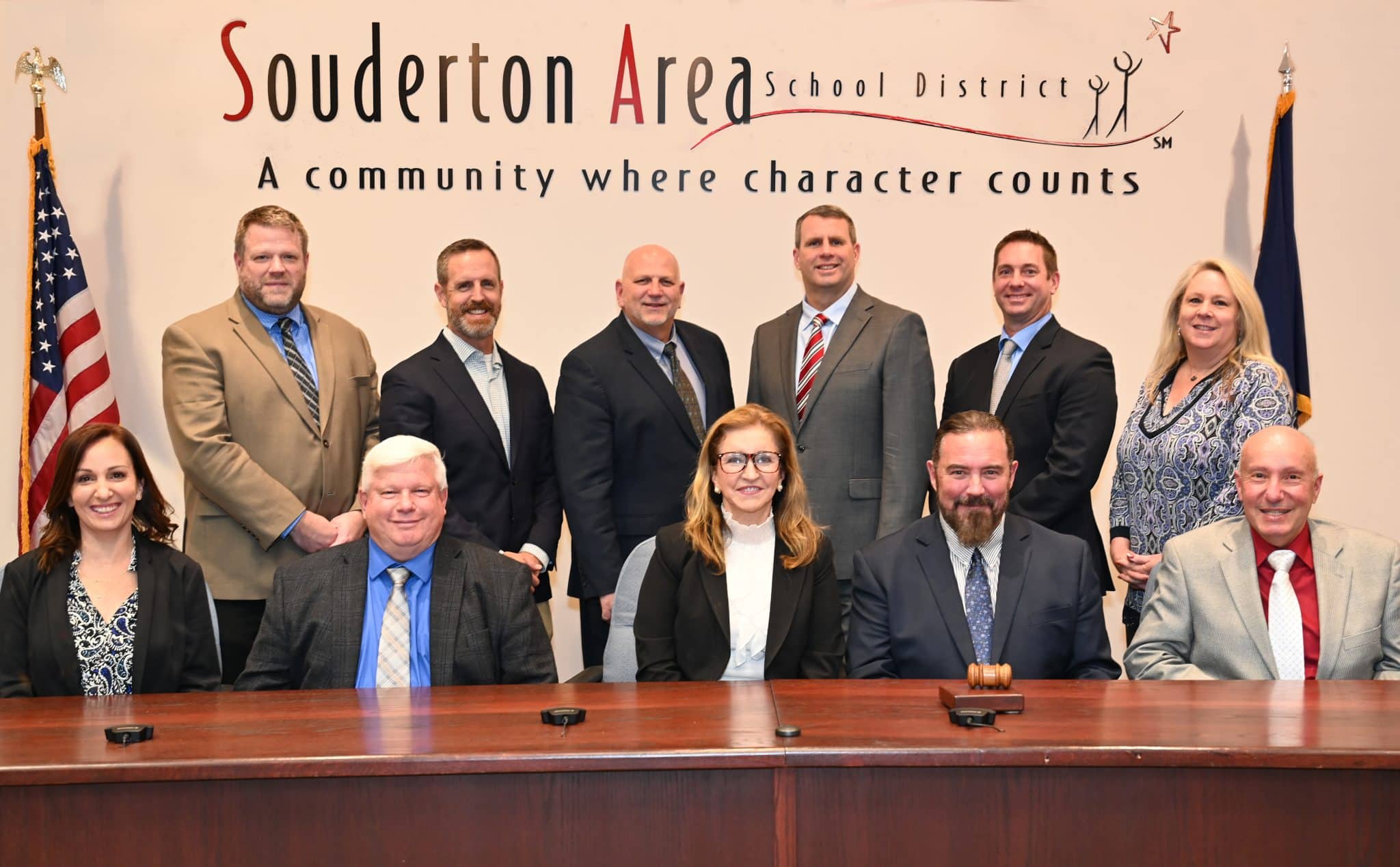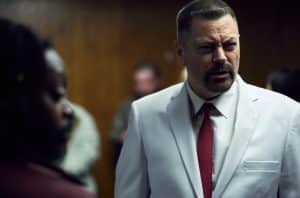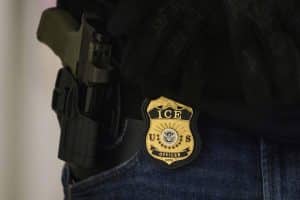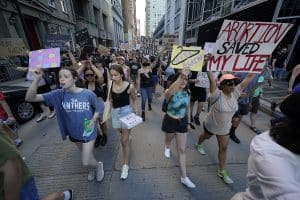For months, parents and taxpayers in the Souderton Area School District have by way of public comment at committee and action board meetings made it clear that the district’s failure to livestream all meetings, as well as preserve board meeting videos, represents failed campaign promises for transparency and accountability.
“After hearing some feedback from the public and reflecting on our practices, we are recommending we work with the solicitors to recommend some changes to the policy [Policy 006.2] that will allow for a couple of things,” said Dr. Christopher Hey, Assistant Superintendent/Director of Human Resources for the Souderton Area School District at last Wednesday’s policy committee meeting.
Policy 006.2 states: “The video recording of any public meeting or other video recorded Board meeting produced by the District is not the official record of the meeting and is not a public record available for inspection and copying. The Board-approved written minutes will continue to be the only official record of the meeting.[1]”
and,
“At its discretion, the Board may edit the video recording of a meeting prior to broadcast in order to avoid possible legal liability to the Board, the District and/or District employees or to otherwise conform to the requirements of applicable federal or state law.”
READ: Making Souderton School Board Documents Publicly Available Is Non-Negotiable, Say District Parents And Taxpayers
Policy 006.2 was drafted by the Pennsylvania School Board Association (PBSA), contains no current legal citations, and districts applying this policy could be blindsided by First Amendment legalities, among other things.
In October 2021, four residents of the Pennsbury School District took the school board to task for censoring or editing their public comment.
“If school boards choose to record the public comment portions of their meetings and distribute those recordings, the First Amendment applies,” said Alan Gura, vice president for litigation at the Institute for Free Speech. “Generally speaking, school boards cannot edit those recordings based on the speakers’ viewpoints, just as they can’t choose to turn the microphones on for some speakers but not others based on their views.”
Gura, along with counsel from Vangrossi & Recchuiti of Norristown, represented Douglas Marshall, Simon Campbell, Robert Abrams, and Tim Daly in their lawsuit against the Pennsbury School District which settled the case for approximately $300,071.64.
Attorney Jeffrey T. Sultanik of Fox Rothschild, who had represented the Souderton School Board as solicitor, provided comment about the lawsuit.
“Many area school boards have a similar policy in place, modeled after a template recommended by the Pennsylvania School Boards Association, and those boards ‘are going to have to suspend’ it,” said Jeffrey Sultanik, a solicitor for multiple Philadelphia-area districts,” as reported by Maddie Hannah for the Philadelphia Inquirer.
Souderton is also proposing a change to the storage of meeting videos.
“Currently, the policy states that after 30 days, the video record of the board meeting will be destroyed. We’re changing that to a year,” said Hay.
One year may not be enough.
The Pennsylvania School Code requires school board meeting minutes to be kept indefinitely.
In an advisory letter from the Office of Open Records in 2009, an audio recording used to capture meetings for the creation of minutes, along with film, documents, papers, letters, maps, books, photographs, sound recordings and other forms of media qualify as records and are subject to Right-to-Know laws that have specific retention timeframes.
READ: Why Are Souderton Area School Board Directors Wasting Taxpayer Dollars?
In 2022, Pennsylvania state Senator Chris Dush introduced SB-1130. “This bill amends the Sunshine Act to facilitate the creation of local rules allowing meetings to be broadcast online and allow public comment via authorized telecommunications devices,” reads the bill’s synopsis.
The legislation was a product of the COVID-era when a multitude of meetings were being conducted electronically.
The bill lacked a timeframe for video retention and never cleared committee, but lawmakers have zeroed in on the need to amend the Sunshine Act to include this form of media as official records that must be maintained.
“I was curious about the one-year versus indefinite as well, and I do understand when you say that there’s limitations … I understand that because as a citizen of this district, I’ve been pulling down for the last two years and saving all of the recordings for all of the meetings,” said Corinne DeGeiso of Upper Salford.“And yeah, there is a burden for storage. I would agree with that. But I shouldn’t, as a taxpayer, have to take on that additional burden.”
Local resident and parent John Waldenberger questioned a line of the policy that states the written minutes are the official record of the meeting. “Under Robert’s [Rules of Order] minutes can be changed and adapted down the road at any time, usually, and you know minutes could be changed and that video would reflect and show that there was a change down the road,” he said.
If, in response to public comment, the school board is striving for accountability, one year of video storage will not attain that goal. Storing videos for at least four years would coincide with the elected term of each board director and act as a resource for constituents.
At the committee meeting, the school board agreed to waive the second reading of the policy and plans to vote on adopting the revised policy at its next meeting on Thursday, February 22 at 7 p.m.






